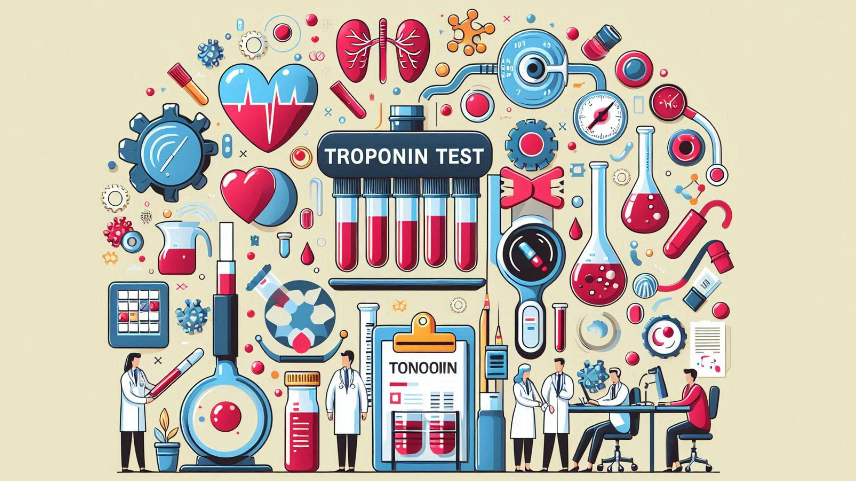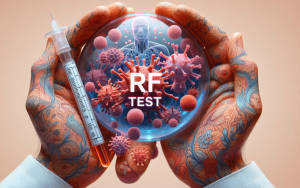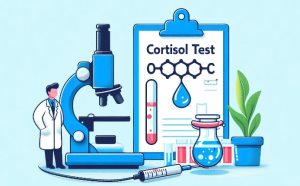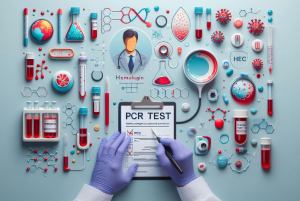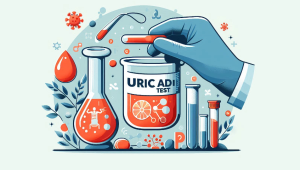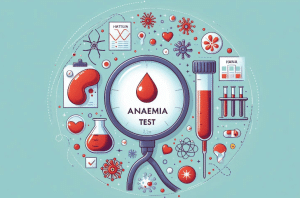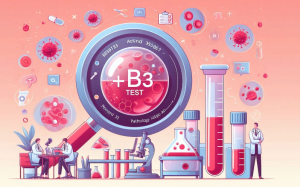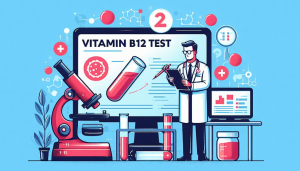What is a Troponin Test?
A troponin test is a blood test that measures the levels of troponin in your blood. Troponin is a protein found in the heart muscle. When the heart muscle is damaged, troponin is released into the bloodstream. High levels of troponin in the blood can indicate a heart attack or other heart damage.
Why Do You Need a Troponin Test?
A doctor might order a troponin test if they suspect you are having or have recently had a heart attack. Symptoms like chest pain, shortness of breath, nausea, and sweating can prompt this test. Additionally, troponin tests can be used to:
- Diagnose other heart conditions: High troponin levels can also be seen in conditions such as heart failure, myocarditis (inflammation of the heart muscle), and pulmonary embolism (a blood clot in the lungs).
- Monitor patients with known heart conditions: The test can track changes in troponin levels to assess the progression of heart disease or the effectiveness of treatment.
What Does a Troponin Test Measure?
The troponin test specifically measures the levels of two types of troponin proteins, troponin T and troponin I, in the blood. These proteins are released when the heart muscle cells are damaged.
Preparing for the Test
Usually, no special preparation is needed for a troponin test. You can eat and drink normally before the test. However, if you’re having other blood tests at the same time, you might need to fast for a certain period. Your healthcare provider will let you know if any special preparation is needed.
Understanding the Results
Troponin levels are measured in nanograms per milliliter (ng/mL). The results are typically interpreted as follows:
- Normal: Troponin levels are usually very low or undetectable.
- Elevated: Elevated troponin levels indicate some degree of heart muscle damage. The higher the troponin level, the more extensive the damage.
Your doctor will interpret your troponin test results along with other diagnostic tests and your clinical symptoms to determine the cause of the elevated levels and the appropriate course of treatment.
Risk Factors and Prevention
Several factors can increase the risk of heart disease and heart attacks, which can lead to elevated troponin levels:
- High blood pressure: High blood pressure puts extra strain on the heart and can damage the heart muscle over time.
- High cholesterol: High cholesterol levels can lead to the buildup of plaque in the arteries, which can reduce blood flow to the heart and cause a heart attack.
- Smoking: Smoking damages the blood vessels and increases the risk of blood clots, which can block blood flow to the heart.
- Diabetes: Diabetes increases the risk of heart disease by damaging the blood vessels and nerves that control the heart.
- Obesity: Being overweight or obese puts extra strain on the heart and increases the risk of heart disease.
- Physical inactivity: Lack of exercise increases the risk of heart disease.
- Family history of heart disease: Having a family history of heart disease can increase your risk.
Preventing heart disease and maintaining heart health involve lifestyle modifications:
- Healthy diet: Focus on fruits, vegetables, whole grains, and lean protein. Limit saturated and unhealthy fats.
- Regular exercise: Aim for at least 150 minutes of moderate-intensity exercise per week.
- Weight management: Maintain a healthy weight.
- Quit smoking: Smoking significantly increases the risk of heart disease.
- Manage stress: Chronic stress can contribute to heart problems.
If you have any concerns about your heart health or have risk factors for heart disease, talk to your doctor about ways to reduce your risk.

 7351982473
7351982473